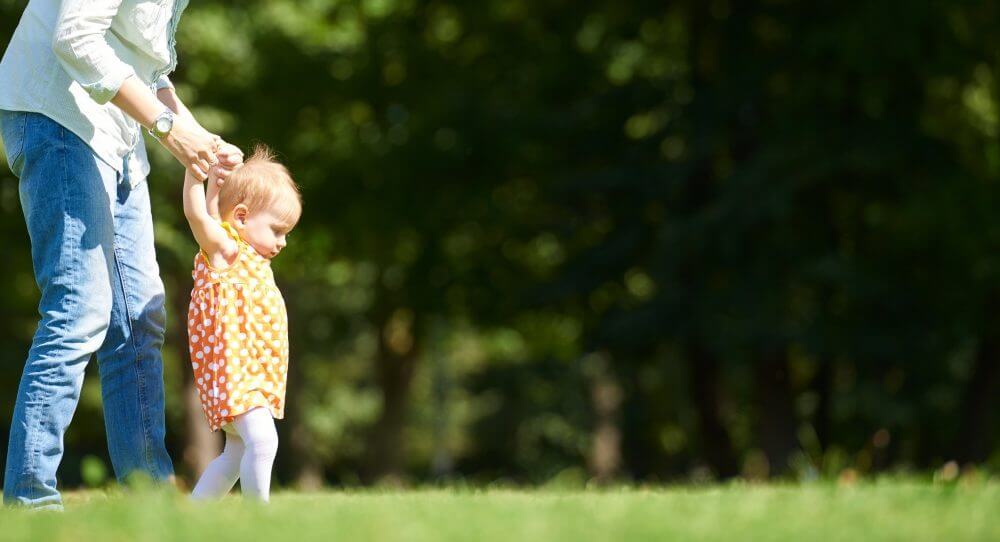3 Gifts You Can Give Your Children
by Lynna Sutherland
‘Tis the season! Pinterest, email newsletters, and blogs everywhere are full of gift ideas and wish lists for children. Some folks prefer handmade gifts and some folks would rather shop online. But I have a different kind of wish list to suggest.
At the coming of the Messiah, the angels wished one thing for those who were an audience to their message.
“Glory to God in the highest, and on earth peace among those with whom he is pleased” ~ Luke 2:14 (ESV).
You don’t have to skip Black Friday, or stow away the wrapping paper, but here are three ways you can bless your children with gifts of peace this holiday season.
Gift One – The Benefit of the Doubt
Last week I read a hilarious post full of examples of actual answers that children gave on tests or worksheets. On a math test, one student was asked to name some shapes. He chose “Sam,” “Bob,” “Ted,” and “Harry”. Another student was asked to tell the difference between 6 and 8. She said that 8 was more curvy and 6 was more like a loop. I was literally in tears laughing as I read these precious responses.
It reminded me, however, of how often children truly do not have all the information we think they have, understand what is expected of them, or see the world as we do. The “Love Passage” in I Corinthians 13 says that love “believes all things, hopes all things.” The verse isn’t calling us to naive gullibility. But it is calling us to take a risk.
If you believe your child’s innocence and it turns out he is hiding false motives, you’ll almost certainly be made aware of it by and by. But if you let him know that you distrust his intentions, and you are wrong, you’ve causes some damage that will take time to repair. If you’re anything like me, it isn’t simply that the best gift you can give your children is the benefit of the doubt. Sometimes you need to insert an element of doubt that might not otherwise be there, but should be!
Gift Two – The Other Perspective
Every child is unique. Personalities differ. In our household, we seem to have two main varieties. It’s tempting, sometimes, to think of the “easier” children and the more “difficult” children. But our children need us to see, and to reflect back to them, that every personality or character trait has a set of corresponding strengths and weaknesses.
In our home, some of our children are more relaxed, laid back, and easygoing. When the schedule changes, they roll with it. If something messes up their plans, the adapt their plans. But the flip side of that easygoing flexibility is that they tend to be slow-moving and easily distractible.Those children take the longest to complete school work or get ready to leave the house.
On the other hand, those children who tend to be more emotionally volatile and to react negatively when their plans are interrupted are also those who have big dreams and plans to pursue! They are passionate about their ideas and will overcome obstacles to reach their goals. They are self-motivated workers and learners.
Often what makes one child seem “easy” and other one “difficult” isn’t the child so much as it is us. Perhaps one child is more of a challenge for you because they differ from you, and it is harder for you to see life from their perspective. Or, perhaps they are so similar to you that you butt heads often or are most distressed to see your flaws surface in your child. Give your children the gift of acknowledging and reflecting back to them what is beautiful about every aspect of their God-given gifts and character traits.
Gift Three – A Buffer from Outside Pressures
As adults, we face a world of pressures. The expectations of society, friends, and family—and even our own inner voice—can weigh heavily on us. Without even intending to, we can download that pressure onto our children in the way we interact with them and deal with their struggles.
Imagine that you are in Target when one of your children throws a temper tantrum. Yes, there is a problem that needs to be addressed. Your child needs you, his parent, to help him with this struggle. As difficult as it is, the best thing that you can do in that moment is to be a buffer between him and the pressures you are feeling.
Perhaps other shoppers are staring. Perhaps the voice inside your head is saying, “You’re such a failure as a mom!” Those are challenging issues to wrestle through. But as an adult, you can give your child the gift of protecting him from those pressures which, frankly, are irrelevant to him and his needs in that moment. Sling that burden behind your back and turn your face to your child. Stand between him and those pressures, and interact with him simply on the basis of his needs in that given situation.
Peace Is a Labor of Love
All throughout the season, we see lovely, sparkly, script lettering proclaiming, “Peace.” But peace doesn’t come on a dessert tray or wrapped in shiny paper. It takes great effort and perseverance. Just check out the verbs in these verses:
“Seek peace and pursue it” (Psalm 34:14b ESV).
“Strive for peace with everyone” (Hebrews 12:14a ESV).
Seeking, pursuing, and striving for peace are indeed weighty—and even sometimes fearful—tasks. But remember what the angels also said:
“Fear not, for behold, I bring you good news of great joy that will be for all the people. For unto you is born this day in the city of David a Savior who is Christ the Lord” ~ Luke 2:10-11 (ESV).
Lynna Sutherland blogs at Homeschooling Without Training Wheels, where she loves to remind moms (and herself!) of the freedom and flexibility that come with homeschooling! Lynna and her husband have seven children. The motto of their homeschool is “Wisdom Is the Principal Thing” from Proverbs 4:7. You can follow Lynna on Facebook, her blog, and Instagram.
Online Form – E-newsletter signup for blog posts
Browse the HEAV blog archive for more great homeschooling ideas and tips!








